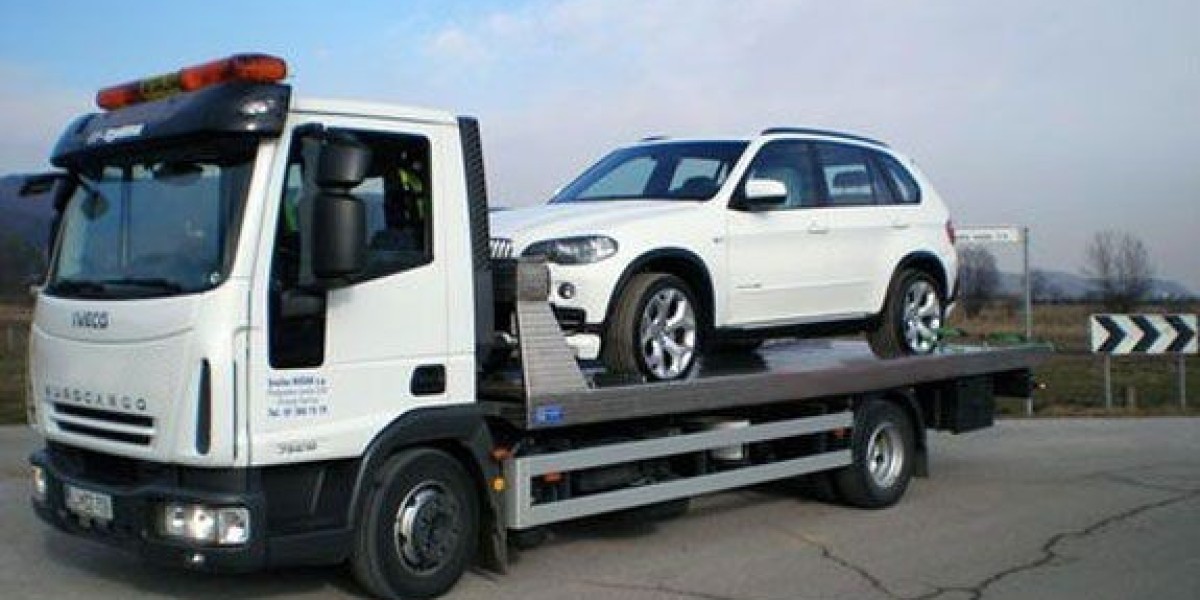The Importance of Kuwait's Crane Industry
Kuwait, a small but economically influential nation in the Middle East, holds strategic significance in the global construction and infrastructure development sector. One of the critical elements driving the nation's growth in these areas is the crane industry. Cranes are essential to Kuwait's ambitious plans for infrastructure development, oil and gas expansion, and the modernization of urban landscapes. This article delves into the key roles played by the crane industry in Kuwait and its significance to the country's economy and development efforts.
1. Infrastructure Development and Urbanization
Kuwait has long been focusing on infrastructure as a critical pillar of its development. The country’s construction sector is expanding rapidly due to numerous projects, ranging from highways, bridges, airports, and residential complexes to large commercial and retail spaces.
Cranes are central to these massive projects, especially in Kuwait’s capital, Kuwait City, which is undergoing significant transformation. The government’s “New Kuwait Vision 2035” is an ambitious initiative aimed at diversifying the economy and enhancing the country’s global competitiveness. The plan includes large-scale infrastructure projects like the Kuwait Metro, airport expansions, and mega-projects such as Madinat Al-Hareer (Silk City). These initiatives require heavy lifting equipment like cranes to manage the large-scale construction and transport of materials. Without advanced cranes, these transformative projects would face considerable delays and increased costs.
2. Oil and Gas Sector Support
As one of the world's leading oil exporters, Kuwait’s economy is closely tied to its oil and gas industry. The cranes used in this sector are highly specialized and critical for handling heavy equipment, pipelines, and machinery at oil fields and refineries. The nation’s significant oil reserves are challenging to access and require advanced technology and equipment.
Cranes play a pivotal role in enabling Kuwait to maintain and enhance its oil production facilities. From lifting and assembling complex oil rigs to transporting heavy components to offshore locations, cranes support every stage of exploration, drilling, refining, and transportation. Their role in maintaining the operational efficiency of the oil sector cannot be overstated.
3. Enabling Construction of High-Rise Buildings
Kuwait’s skyline is increasingly dotted with high-rise buildings, a symbol of the country's modernization efforts. Projects such as the Al Hamra Tower, one of the tallest skyscrapers in the country, require advanced crane technology for the assembly of structural components. Tower cranes, mobile cranes, and other specialized machinery are integral to such construction, enabling precision in handling materials at high altitudes.
Without these cranes, Kuwait's vision of becoming a modern metropolis with iconic architecture would be impossible. Construction companies rely heavily on crane technology to build quickly, efficiently, and safely, ensuring that skyscrapers and commercial developments meet international standards.
4. Promoting Job Creation and Skill Development
The growth of the crane industry in Kuwait has also positively impacted job creation and skills development. Operating cranes requires specialized training, and the demand for skilled operators has led to the establishment of training centers and vocational programs aimed at developing a local workforce capable of handling heavy machinery.
Beyond crane operators, the industry has created jobs in equipment maintenance, logistics, and project management. This, in turn, contributes to the development of a technically skilled workforce, aligned with Kuwait's goals of reducing reliance on foreign labor and fostering local expertise in key sectors.
5. Technological Advancements in the Crane Sector
The crane industry is rapidly evolving with technological innovations. In Kuwait, construction companies and oil and gas firms are increasingly adopting smart cranes equipped with automated features, better safety systems, and real-time monitoring capabilities. These advancements allow for more precise lifting operations, increased safety for workers, and more efficient project execution.
The integration of technology also aligns with Kuwait's broader goals under Vision 2035 to adopt smart technologies and create a more sustainable and technologically advanced economy. Automated cranes with minimal environmental footprints are seen as a way to mitigate the environmental impact of large-scale construction and industrial activities.
Conclusion
Kuwait's crane industry is an indispensable component of its economic growth and development, supporting critical sectors such as construction, oil and gas, and infrastructure development. As the country continues to execute its Vision 2035 plan and invest in large-scale projects, the importance of cranes will only increase. With advancements in technology and a focus on local workforce development, Kuwait’s crane sector is set to continue playing a crucial role in the nation’s transformation into a modern, diversified economy








